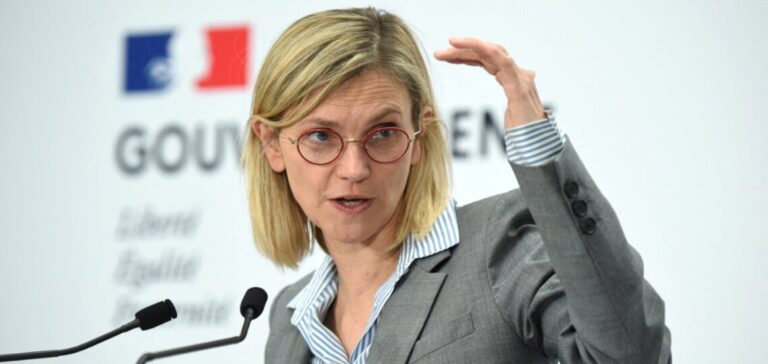The Senate and the French government managed on Thursday to find a compromise in the framework of the bill to accelerate renewable energies to take into account the opinion of the mayors without establishing a right of “veto” to this or that project.
In committee, the rapporteur LR Didier Mandelli had adopted a very controversial measure to give municipalities a form of “veto” to be able to oppose any renewable energy project, including for neighboring municipalities “in visibility” of the project.
This provision was deleted on the floor by a show of hands.
After lengthy discussions, both technical and semantic, the Senate voted by a show of hands for an alternative arrangement proposed by Minister Agnès Pannier-Runacher.
It combines the proposal voted in committee of a “bottom-up” planning, starting from the territories, with a government amendment allowing the mayors to have “the last word” for the application phase.
“Each mayor defines zonings in which he can or wishes to receive renewable energy,” detailed the president of the Committee on Economic Affairs, Sophie Primas (LR). “All this is aggregated and will go back down into the opposable urban planning documents – SCoT, PLUI, PLU”.
A sub-amendment of the rapporteur for opinion Patrick Chauvet (centrist) “specifies that the municipality must give its agreement. If the municipality does not agree with the zoning, then no renewable energy,” she said.
According to the Minister, it would no longer be a question of validation “project by project”, but “on the scale of a zone”.
“We will take the time to work on the text” in the continuation of the shuttle, assured the minister, to “make sure that it is not a gas factory too complex for the elected representatives of the territories”.
“If we don’t vote this, the mayor is naked,” Primas argued.






















